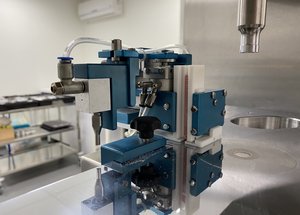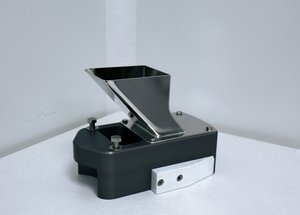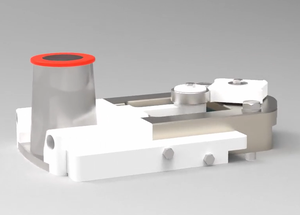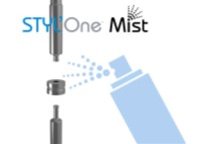Scientific papers
The objective of the study was to investigate the bioavailability of provitamin A (proVA), which can accumulate in black soldier fly larvae (BSFL), and its potential to restore vitamin A (VA) status in mammals. The gerbil served as a model to explore the metabolism of this vitamin. The animals were assigned to different dietary groups: one received a standard diet (C+ group), another a diet lacking VA (C-), a third a diet with VA supplied by β-carotene (β-C) sourced from sweet potatoes (SP), and a fourth a diet with VA provided by β-C from BSFL that had been fed sweet potatoes (BSFL). At the end of the supplementation period, the animals were euthanized, and concentrations of β-C, retinol, and retinyl esters were measured in plasma and liver.
As anticipated, β-C was undetectable in the plasma and liver of the C+ and C- groups. The concentrations of β-C in the plasma and liver of the BSFL group were significantly lower (p < 0.05) compared to the SP group. Liver retinol and retinyl ester concentrations were lower in the C- group than in all other groups (p < 0.05). While concentrations were not significantly different between the C+ and SP groups, they were lower in the BSFL group (p < 0.05 for retinyl oleate and retinyl linoleate). Overall, the liver stock of retinol equivalent was nearly two times lower in the BSFL group than in the SP group. Therefore, the β-C present in the BSFL matrix is indeed bioavailable and capable of enhancing VA status, but the effectiveness of this matrix is diminished by a factor of approximately two compared to the sweet potato matrix.
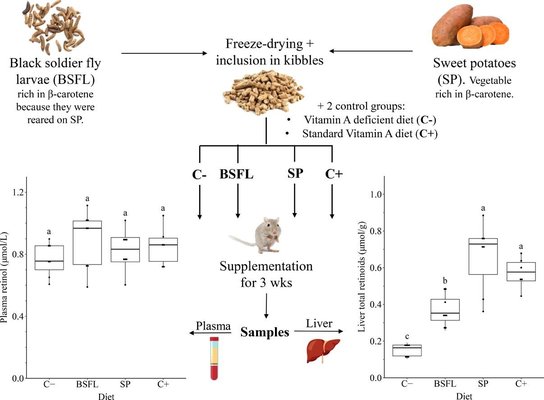
Comments
No comments posted yet.
Add a comment






